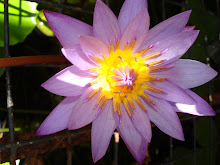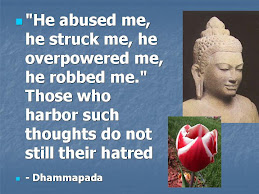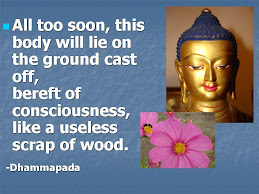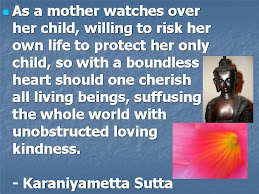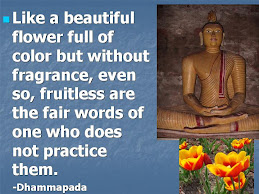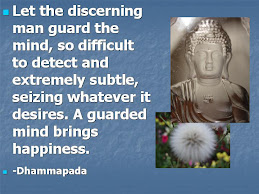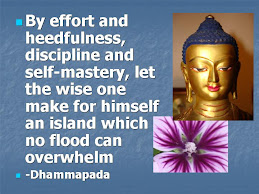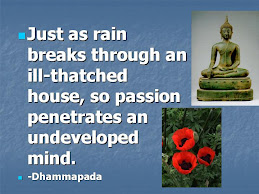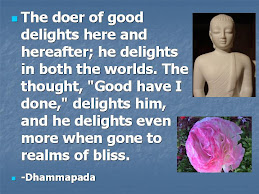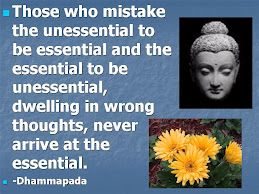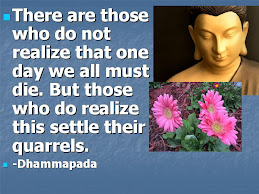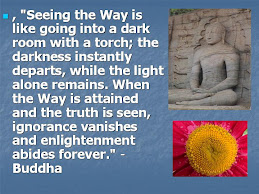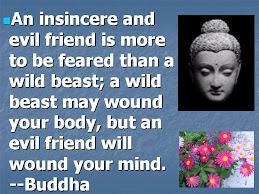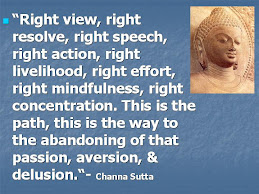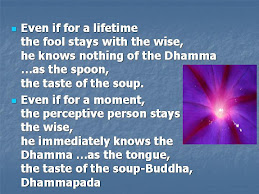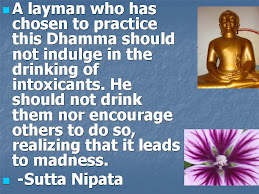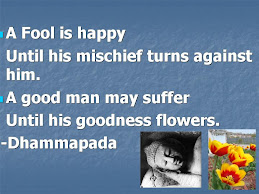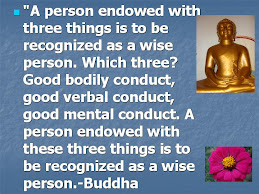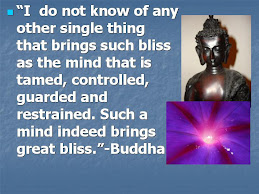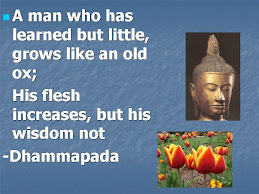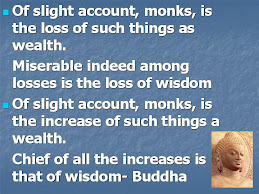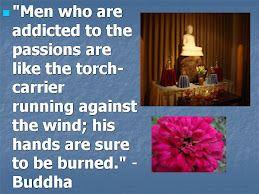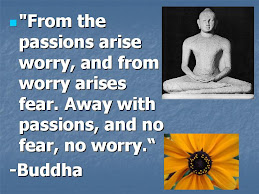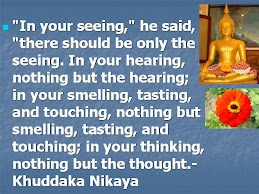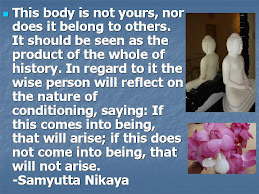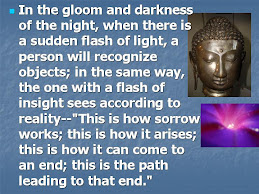
"Just like a cloth, dirty & stained: Its owners give it over to a washerman, who scrubs it with salt earth or lye or cow-dung and then rinses it in clear water. Now even though the cloth is clean & spotless, it still has a lingering residual scent of salt earth or lye or cow-dung. The washerman gives it to the owners, the owners put it away in a scent-infused wicker hamper, and its lingering residual scent of salt earth, lye, or cow-dung is fully obliterated.
"In the same way, friends, even though a noble disciple has abandoned the five lower fetters (see labels), he still has with regard to the five clinging-aggregates (see labels) a lingering residual 'I am' conceit, an 'I am' desire, an 'I am' obsession. But at a later time he keeps focusing on the phenomena of arising & passing away with regard to the five clinging-aggregates: 'Such is form, such its origin, such its disappearance. Such is feeling... Such is perception... Such are fabrications... Such is consciousness, such its origin, such its disappearance.' As he keeps focusing on the arising & passing away of these five clinging-aggregates, the lingering residual 'I am' conceit, 'I am' desire, 'I am' obsession is fully obliterated."
Khemaka Sutta: About Khemaka
translated from the Pali by
Thanissaro Bhikkhu





















